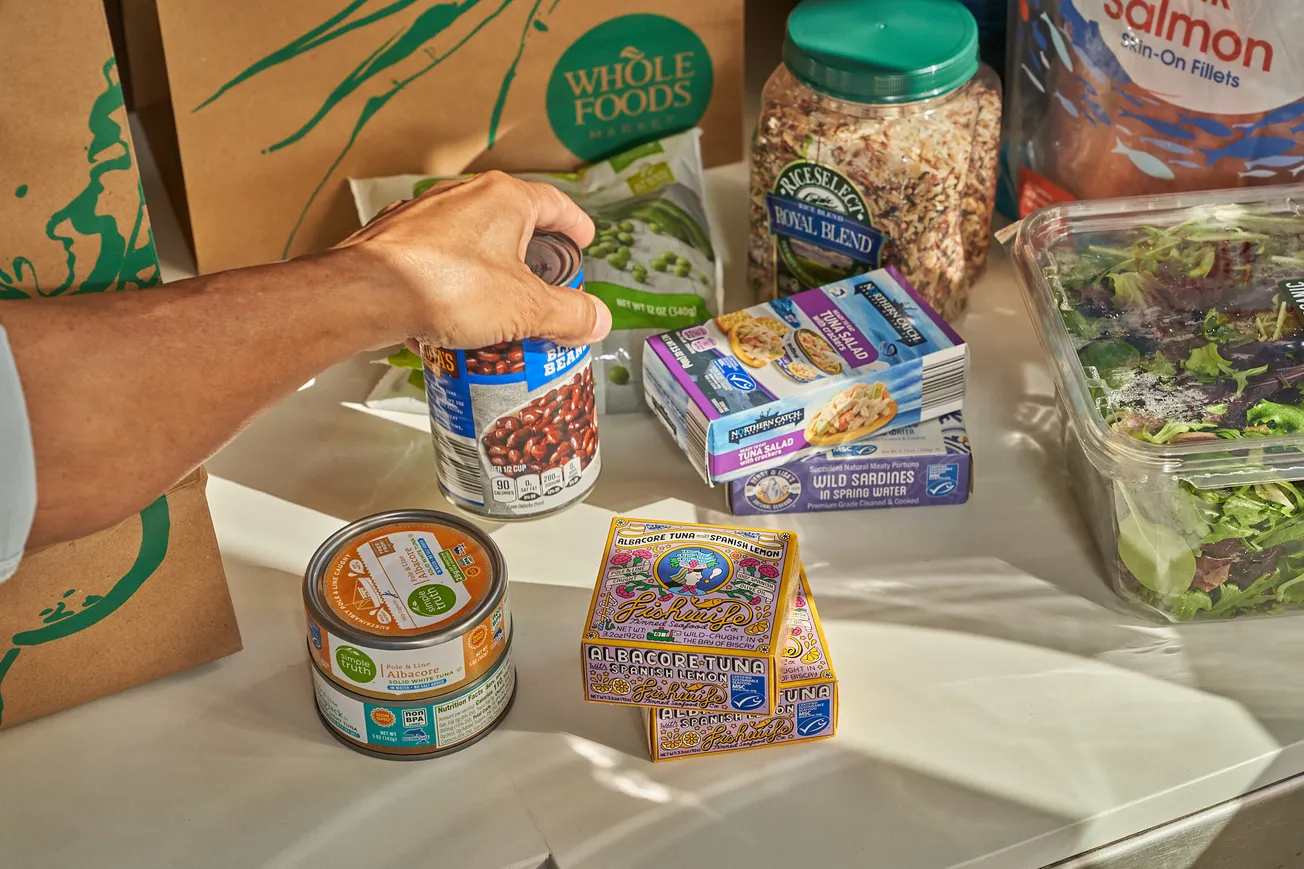WASHINGTON — As Earth Day shines a spotlight on environmental awareness, new polling data from the Marine Stewardship Council (MSC) reveals that many Americans are striving to balance affordability and sustainability when shopping for groceries, but cost concerns still dominate decision-making.
According to the MSC’s nationwide survey, only 20% of Americans frequently consider the environmental impact of their grocery choices, while 33% do so occasionally. The findings show that food prices in the U.S. have already increased by 2.8% since the start of 2024, with an additional 3.2% rise projected for 2025.
The data shows that younger generations are taking charge of climate-conscious shopping. Gen Z and millennials (ages 18–29) are nearly twice as likely as those over 55 to factor sustainability into their meal planning.
“It is not surprising that cost is top of mind when it comes to buying groceries these days. This data, however, shows that even amid rising prices at the cash register, Americans still want to make choices that are good for the environment, especially among younger generations,” said Erika Feller, Americas Director, Marine Stewardship Council. “I'm hopeful that American shoppers will keep the planet in mind when creating a budget-friendly meal plan, and that sustainable seafood is in everyone's grocery cart, especially as we celebrate Earth Day.”
One area of focus is seafood. The poll revealed that one in four Americans views fish and seafood as the most environmentally sustainable animal protein, second only to chicken. However, a significant 33% of respondents were unsure about which protein has the lowest environmental impact. Research supports seafood — particularly wild-caught varieties — as a climate-friendly choice, producing fewer greenhouse gas emissions compared to most land-based animal proteins.
The MSC ecolabel can be found on seafood packaging at various prices in grocery stores, convenience stores, independent food retailers, and some restaurants nationwide. The MSC is encouraging consumers to look for its blue fish ecolabel, which can be found on certified sustainable seafood products at a range of price points in grocery stores, convenience stores, and even restaurants.
In honor of Earth Month, MSC is promoting three practical tips for consumers to shop sustainably without breaking the bank:
- Incorporate one to two servings of fatty fish like salmon, sardines, and tuna per week to reap the health benefits of anti-inflammatory omega-3s EPA + DHA.
- Affordable and convenient options, such as pantry staples, tinned fish, and pouched fish, are readily available at wallet-friendly prices.
- To identify wild-caught and certified sustainable seafood, look for the MSC blue fish label.
The poll, conducted by Leger from February 21–24, surveyed 1,007 U.S. adults and is nationally representative. The findings underscore a critical Earth Day message: while price pressures are real, many Americans — especially younger ones — still want to put the planet on their plate.
For more on sustainable seafood and how to shop smarter for the planet, visit www.msc.org.







